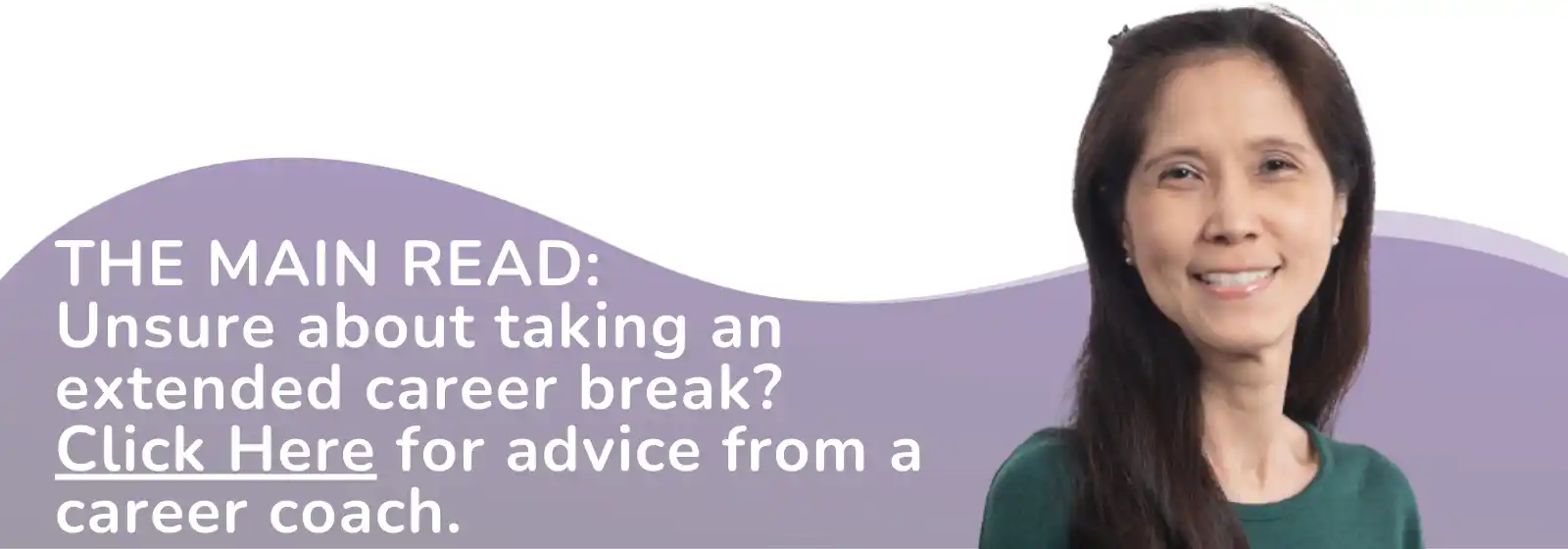Are you on the hunt for a new job and have a period in your working history when you weren’t employed? That’s what’s known as an employment gap.
The old saying goes that first impressions last. When applying for jobs, our resume is the recruiter or prospective employer’s first impression of us. This makes it an incredibly important document that must be put together with the utmost care — including being completely free from any misleading information.
Understanding the right way to approach employment gaps on your resume can mean the difference between landing that dream job you’ve applied to or being passed over.
In order to help you put your very best foot forward when you’re applying with an employment gap, here are our best tips to handle the situation.
1. Be honest
There are plenty of really positive reasons for taking time off work that can be looked favourably upon by an employer. From having a baby to travelling abroad, studying to further your career development or even simply taking a sabbatical to recharge your batteries.
But even if it’s not for one of these reasons, it’s vital that you’re honest and upfront from the very beginning. This will show your interviewer that you hold integrity at a high level of importance, which can really work in your favour. Because the opposite is also true if you are found to be giving false information.
“Don’t hide it; explain it,” advises Sharon Armstrong, career coach and author of The Essential HR Handbook. “During the entire process of conducting a job search, maintain your integrity and demonstrate it.”
While it’s important not to hide anything, it’s also just as important to answer any questions about gaps in your resume with clear and concise responses.
As such, it’s a good idea to roleplay the interview with a friend or family member so you know how to answer when it comes up.
Looking for a new role? Explore over 100,000 jobs available on MyCareersFuture now!
2. Come prepared with your answer
Did you spend your time backpacking all over the world? Or perhaps you were juggling an entire household’s breakfasts, lunches, dinners and extracurriculars, all while caring for a newborn baby?
Whatever the case may be, there’s a very high chance you expanded your skillset — possibly without even realising it at the time!
For example, backpacking around the world requires an incredible amount of planning and preparation as well as budgeting and scheduling. Organisational skills and adaptation are essential to the head manager of a home.
Think about your particular situation and what skills you picked up on your journey. Relate these to the job you’re applying for, and write down an interview response accordingly. Practice this response either by yourself or while roleplaying the interview with someone.
“Just as you’d prep to discuss your previous positions, employers are going to ask about your time off, so be ready to address that as well,” remarks Victoria Di Santo, human resources director at consumer electronics company Brother USA.
3. Use a different resume format
If you’re not currently using it and have an employment gap, switch to the best type of resume example for your situation: the functional resume format.
This template’s main focus is on your professional skills; instead of going through your employment history chronologically, it groups your experience within skill categories as opposed to job titles. This makes it a great alternative for anyone who has any gaps in their resume.
Now that you’re more aware of the type of resume to use and how to approach the interview stage with an employment gap on your resume, you should feel confident moving forward with any job application you feel will be a good fit for you. Good luck!
















